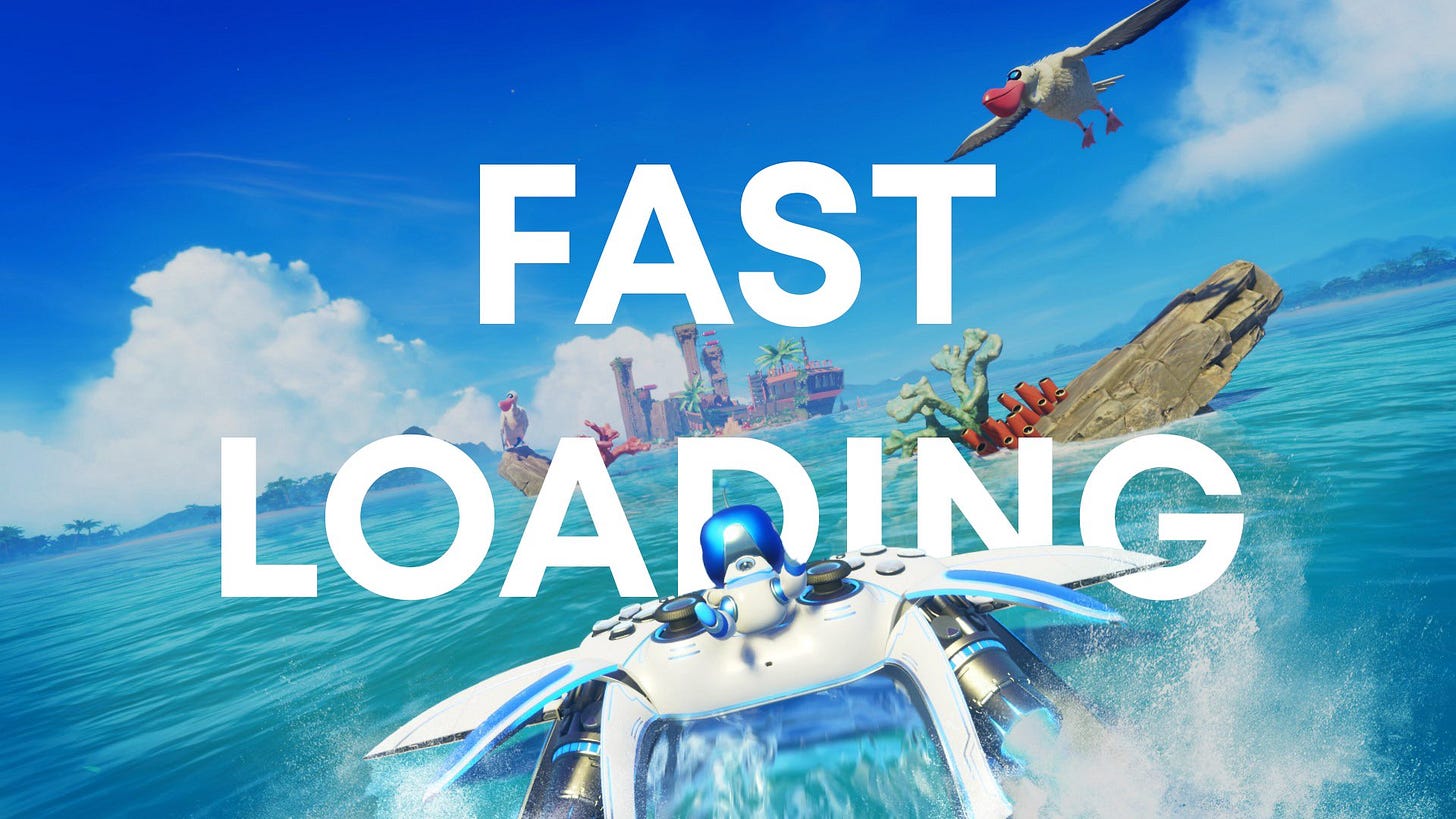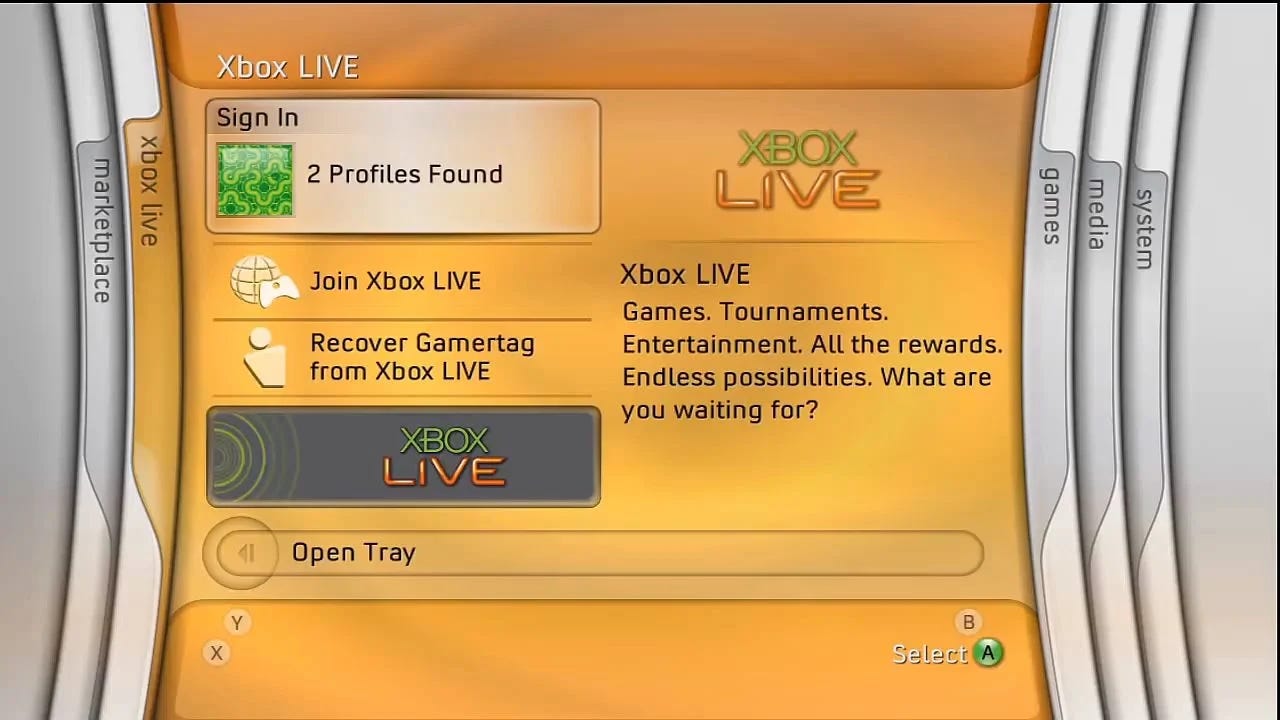Ghost of Yotei was released yesterday, an open-world first-party game from Sony. This isn’t a spoiler since it’s in the trailer, but there’s a feature in the game that allows you to relive a memory of the main character instantly. In the open world, you’ll see a ghostly figure indicating that you can hold the touchpad on the PS5 controller, and you’ll instantly be transported to the past, becoming a young Atsu. This is achieved by using the high-speed SSD in the PS5. When I experienced this feature, I was reminded that the PS5 even had an M.2 SSD, and then I thought, “Man, I thought this would be a bigger feature.”
I remember when the PS5 was shown off for the first time. They touted the SSD as one of the bigger upgrades this generation. They bragged about instant loading times, meaning loading screens would be a thing of the past. They showed off Spider-Man 2. We saw that fast-traveling across the map was now instant; there were no more loading screens. Then they showed off the new Ratchet and Clank game. The most prominent feature here was the ability to jump to different worlds instantly. Ratchet would be grinding on a rail and fall into a portal, then BAM, you’re in a different world. I thought this was super cool, and couldn’t wait for every game to take advantage of this tech. It’s been four years since Ratchet and Clank’s Rift Apart, and I’m just not seeing it.
There are two different aspects to this tech. The first is fast initial loading times, which are harder to see and feel. We got too used to this feature too fast, so it’s just expected. The other aspect is the quick loading of assets; this is the Rift Apart world jumping. Sonic Racing: Cross Worlds is the only other game I’ve seen take advantage of this tech. In this new cart racer, you can pick one of two new levels to load mid-race. Two portals will come up; racers vote for which portal becomes active, then you drive through it and are transported to a new track. That game, however, is a multiplatform release and not really reliant on the PS5’s particular SSD. Was this just a gimmick, is it too hard to fast load 8k textures and ray-tracing, or are games rushed out the door too fast to take advantage of the tech’s full capabilities?
I remember when the Xbox 360 launched, and it had a chunky, very 2000’s 2000s-coded interface: the blade dashboard. Despite how you might feel about the interface’s look, it was clunky and slow. We were still using traditional spinning hard drives, and I was ready for the speed of the future. Moore’s law dictates that technology will essentially double every two years. It’s only a matter of time before technology catches up to our demands. Only it never feels like it does because our demands grow with the technology. I think the real culprit here, however, is poor optimization. When a game is released today, it can be surprising if it runs well and is relatively bug-free. Video games cost more money to make, and take even longer to develop, so it feels like developers are rushing their games out the door so they can start making a profit on it already. Because of this games launch in a buggy, unoptimized state, it usually ships with a day-one patch that is not insignificant. It feels like all the extra horsepower these systems are providing isn’t being utilized to its full potential, but rather to meet the bare minimum.
Every console generation, I’m surprised at how slow our user experience is. When I bring a new console home for the first time and boot it up, I’m almost always disappointed by how slow the interface is. I naively expect the latest console’s interface to be lightning fast. I was genuinely impressed with Ratchet and Clank’s portal mechanism. Instantly being transported to a whole new level never got old. Why do I feel like the console struggles to run the PS5 menu when it can instantly load levels? Why are loading screens mostly gone in games, but are still present in the OS? Maybe all this hyperbolic speech has my expectations too high, or we just quickly outgrow tech as soon as it’s implemented. Either way, I thought fast-loading would be a bigger deal.





